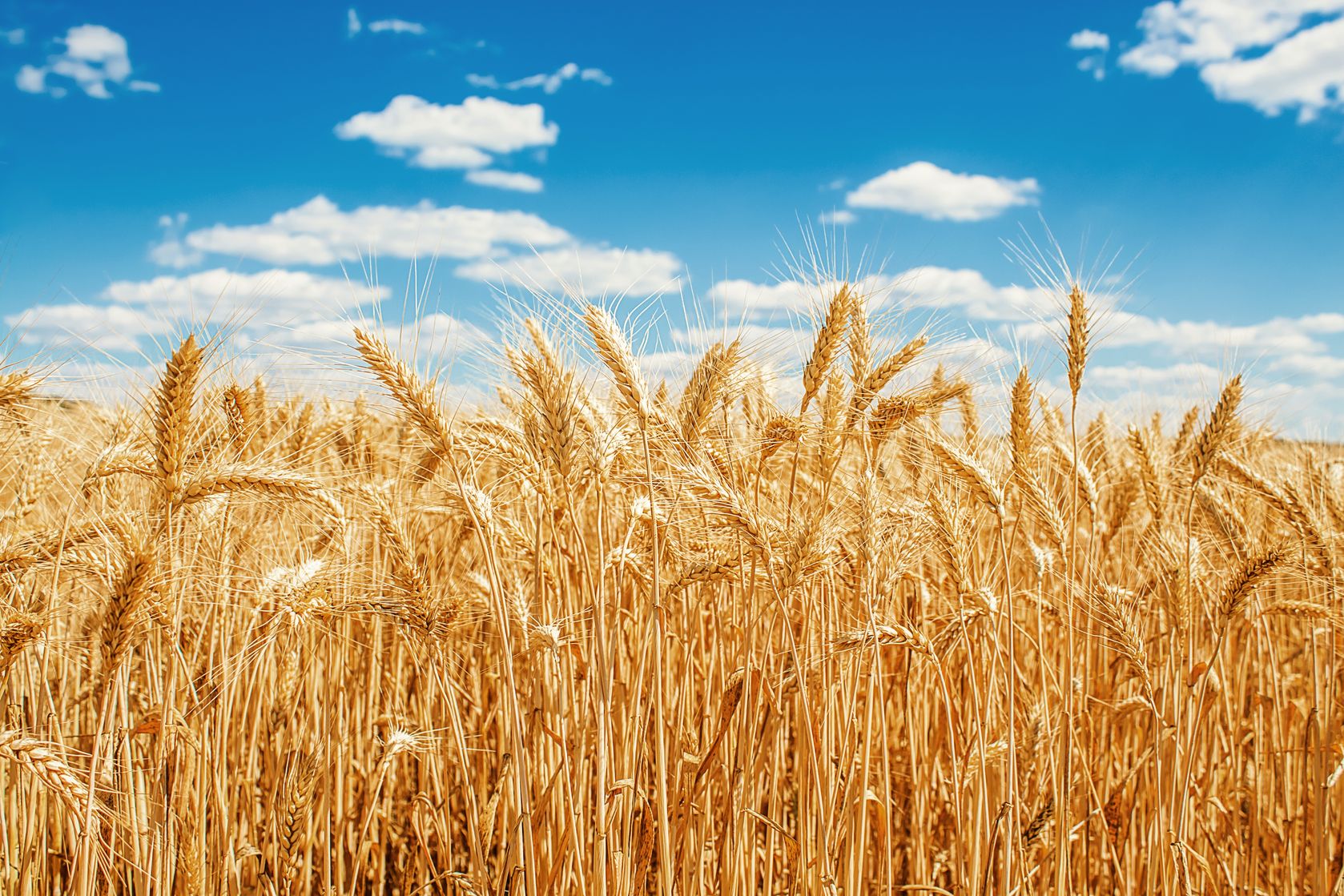Share This
In 2011, a controversial doctor published a book alleging that genetically modified (GMO) wheat is the reason that Americans are fat and sick. Americans, many of whom were frustrated with their weight and with their health in general, were all-too-happy to stumble upon this scapegoat. There was just one problem.
Truth be told, there were actually lots of problems, as the book in question (and the fad diets that followed) were riddled with factual errors and false assumptions. However, perhaps the most glaring omission is that GMO wheat is not actually commercially grown in the US. In other words, this maligned ingredient is not actually a part of our food supply at all. US farmers have fought hard against GMO wheat, out of concern that it would put a damper on the export market for US-grown wheat.
Contrary to popular belief, there are actually only a few food crops that are grown as GMOs. According to the FDA, the most common ones are corn (92% of all corn planted is GMO), soybean (94% planted are GMO), canola (95% is GMO), and sugar beets (99.9% are GMO). There are also GMO potatoes, papayas, apples, and summer squash, although these are not quite as prevalent in our food supply. Cotton (used for textiles) and alfalfa (used for cattle feed) are the other two remaining GMO plants.
If all whole grains (except for corn) are free of GMOs, why might you be seeing the “bioengineered” (another term for genetically modified) disclaimer starting to appear on some whole grain food packages? The answer lies in the remaining ingredients. In a loaf of whole grain bread, the whole wheat flour will not be GMO. However, if the formulation also includes canola oil, soybean oil, or sugar from GMO sugar beets, then those ingredients are likely the culprit.
That said, non-GMO corn, sugar, soy, and canola options are out there for those who seek them. Since GMOs are prohibited in organic production, choosing foods that are certified organic is an easy way to filter out those that may be made with GMOs. There are also 3rd party certifications, such as the Non-GMO Project seal that can help you identify foods made without genetically modified ingredients.
Foods made with GMO/bioengineered ingredients will be required to disclose that information by January 1, 2022. In the meantime, recognizing GMO-free whole grains is easy. Aside from non-organic corn, the entire ingredient category is grown with conventional plant-breeding methods. (Kelly)


Comments
Add a Comment